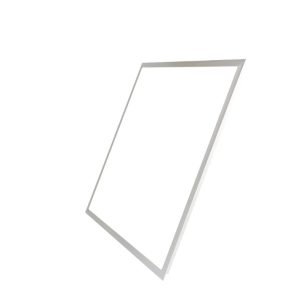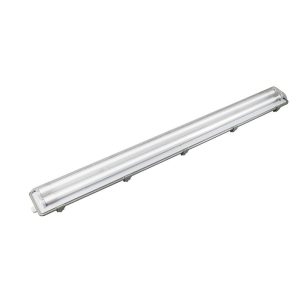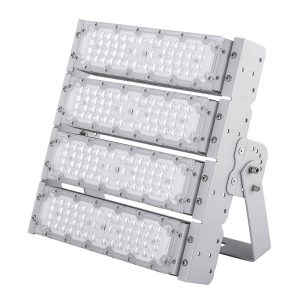Introducing the IR Reflektor: A Revolutionary Technology in the Industrial Sector
Introduction to IR Reflektor
The IR Reflektor, a cutting-edge technology in the industrial sector, has been making waves with its innovative approach to energy efficiency and precision. This article delves into the intricacies of the IR Reflektor, exploring its features, applications, and the impact it has on various industries.
What is an IR Reflektor?
An IR Reflektor, short for Infrared Reflector, is a specialized device designed to concentrate and direct infrared radiation. It utilizes advanced materials and optics to focus infrared energy onto a specific target, making it an essential component in numerous industrial applications. The IR Reflektor’s ability to efficiently manage and utilize infrared radiation has revolutionized the way industries approach energy consumption and process control.
Key Features of IR Reflektor
1. High Reflectivity: The IR Reflektor boasts an exceptional reflectivity rate, ensuring that a significant portion of the infrared radiation is directed towards the target.
2. Durable Construction: Made from high-quality materials, the IR Reflektor is designed to withstand harsh industrial environments, ensuring long-lasting performance.
3. Customizable Design: The IR Reflektor can be tailored to meet specific requirements, making it a versatile solution for various applications.
4. Energy Efficiency: By focusing infrared radiation onto the desired target, the IR Reflektor minimizes energy loss, resulting in improved overall efficiency.
5. Safety: The IR Reflektor is designed to ensure safe operation, reducing the risk of accidents and injuries in industrial settings.
Applications of IR Reflektor
The IR Reflektor has found applications in various industries, including:
1. Automotive Industry: In the automotive sector, IR Reflektors are used for heat management in engines and exhaust systems, improving performance and reducing emissions.
2. Aerospace Industry: Aerospace engineers utilize IR Reflektors to manage heat in aircraft engines and avionics, ensuring optimal performance and safety.
3. Food Processing Industry: IR Reflektors are employed in food processing facilities to maintain consistent temperatures and enhance the quality of products.
4. Pharmaceutical Industry: The pharmaceutical sector utilizes IR Reflektors for heat management in manufacturing processes, ensuring the integrity of medications.
5. Energy Sector: In renewable energy projects, IR Reflektors are used to optimize the performance of solar panels and other energy systems.
Impact of IR Reflektor on the Industrial Sector
The introduction of the IR Reflektor has had a significant impact on the industrial sector, leading to several benefits:
1. Improved Energy Efficiency: By concentrating and directing infrared radiation, the IR Reflektor minimizes energy loss, resulting in lower operational costs for businesses.
2. Enhanced Process Control: The precise focus of infrared radiation provided by the IR Reflektor enables better process control, leading to improved product quality and reduced waste.
3. Safety: The IR Reflektor’s design ensures safe operation, reducing the risk of accidents and injuries in industrial settings.
4. Innovation: The development of the IR Reflektor has spurred innovation in the industrial sector, encouraging the exploration of new applications and technologies.
Conclusion
The IR Reflektor has emerged as a game-changer in the industrial sector, offering a unique solution to energy efficiency and process control challenges. With its high reflectivity, durable construction, and versatile design, the IR Reflektor has become an essential component in various industries. As technology continues to evolve, the IR Reflektor is poised to play an even more significant role in shaping the future of the industrial sector.













Explore More from Queendom Lamp
Stay updated with the latest LED technology, lighting solutions, and industry insights.
Request a Quote About Queendom